Mental Health and Anxiety
Featured


Latest




































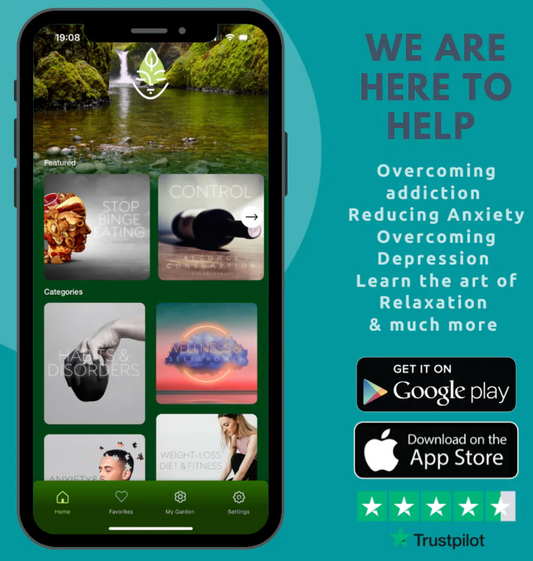







































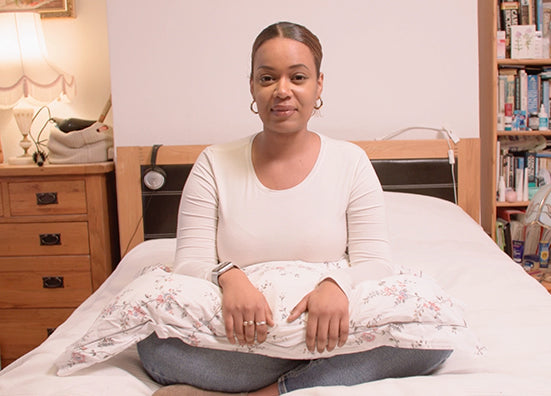
I was going through a time in my life where I was drinking daily and eating loads of junk food, it became difficult for me to go out in social situations. Clear Minds completely changed by habits and way of life.
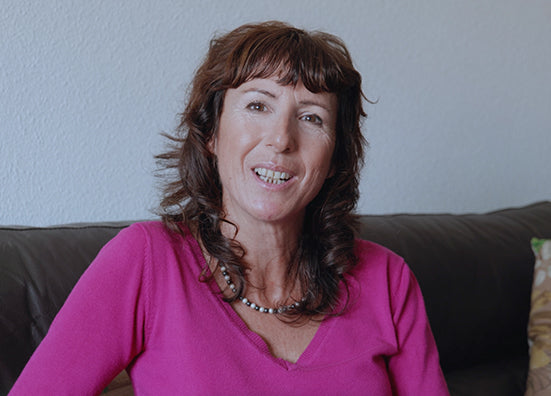
I started smoking young, and didnt realise I was a “big” smoker. But it escalated into a habit. It started affecting my appearance and my confidence. No ‘medical’ treatments worked for me until I discovered Clear Mind’s and it completely changed my life.
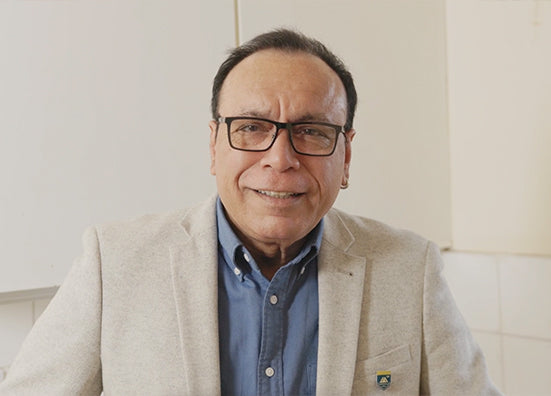
I tried medication, I tried therapists but none of them worked, I found myself sliding deeper into loneliness and depression. I tried a few audio session with Clear Minds and something ‘clicked’, I started opening up to myself.
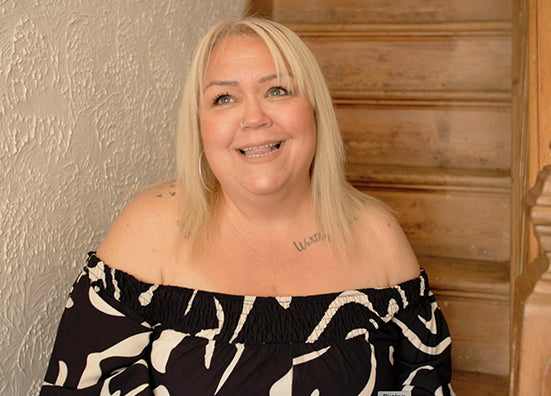
I’ve tried food packs, I’ve tried different diets, herbals slimming classes… the lot. I was unaware that my overeating was caused by stress, this is never covered in any diet programmes that I have seen before. I feel in control of my eating and in just three weeks can see the difference in my body and mind.
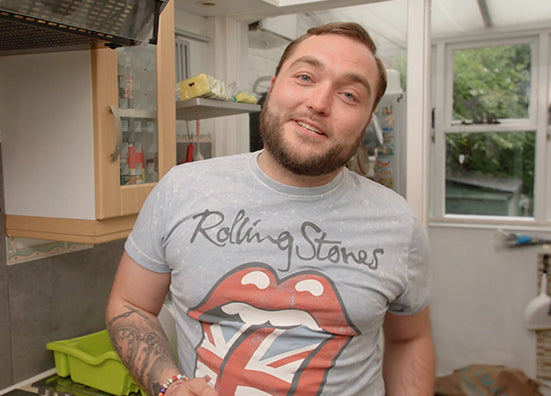
My Dad has had alcohol consumption issues his whole life and it crept into mine too. Seeing him overcome his difficulties by using Clear Minds inspired me to give it a try and the results are incredible, it has changed our lives!